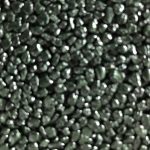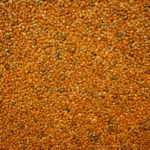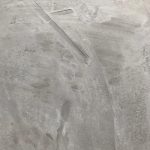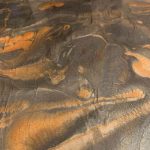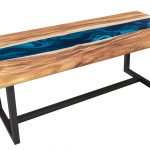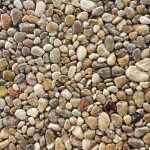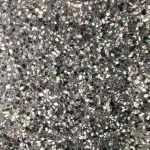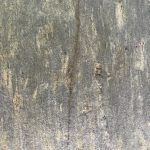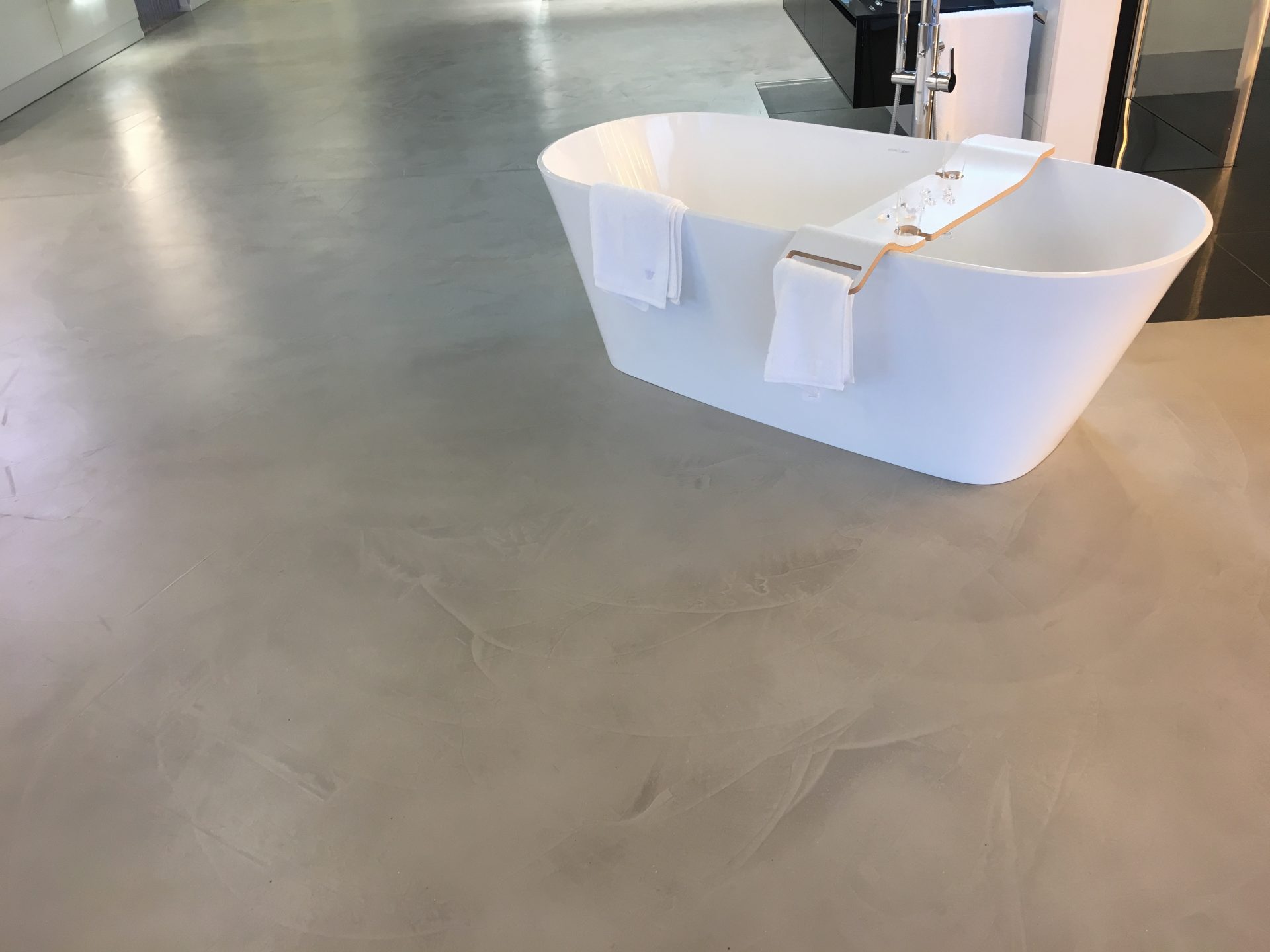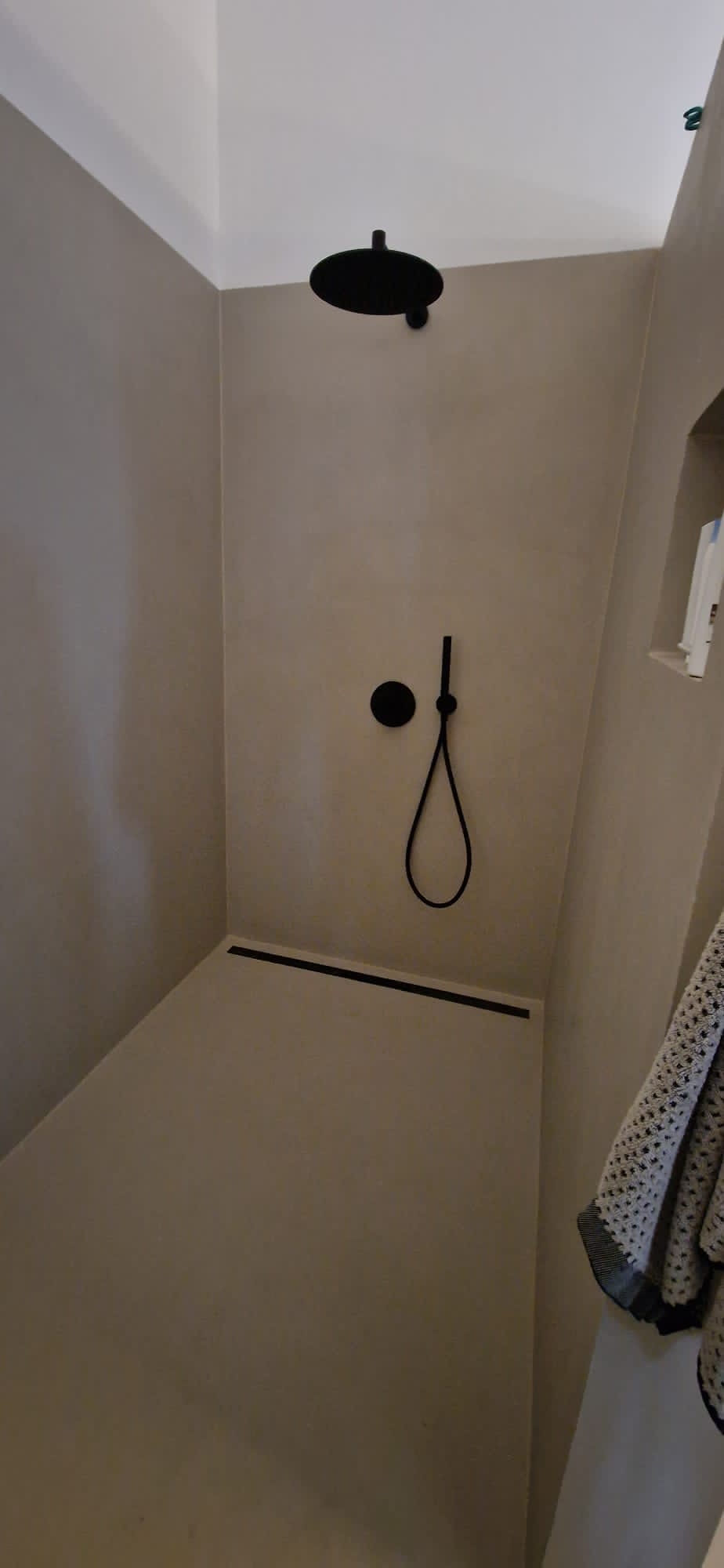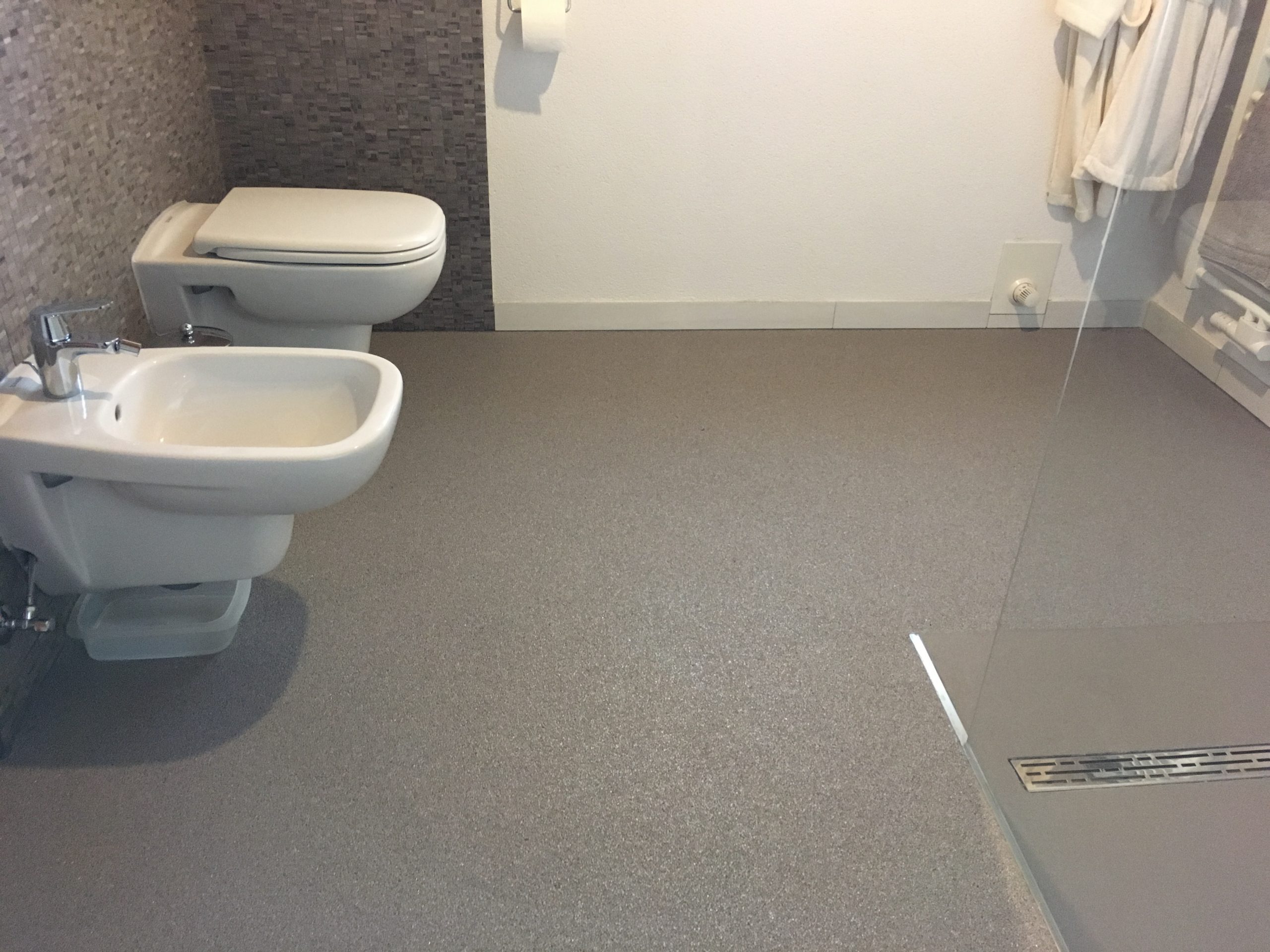Thanks to their attractive advantages, seamless coatings have long since established themselves in houses and apartments. A seamless floor not only shines aesthetically thanks to its versatile design options without visible transitions. They are also easier to clean. That’s why we’re certainly not just talking about a passing trend with trowel-finished or poured floors.
Contents
- What seamless flooring systems are available?
- Seamless floor made of marble or quartz gravel
- Seamless floor in concrete design
- Seamless floor with enormous design variety
- What does “seamless floor” mean?
- What does a seamless floor cost?
- Seamless living room floor
- Seamless floor in the bedroom
- Seamless floor in the kitchen
- Seamless floor in the bathroom
- Non-binding Cost estimate
- Link collection
- FAQ
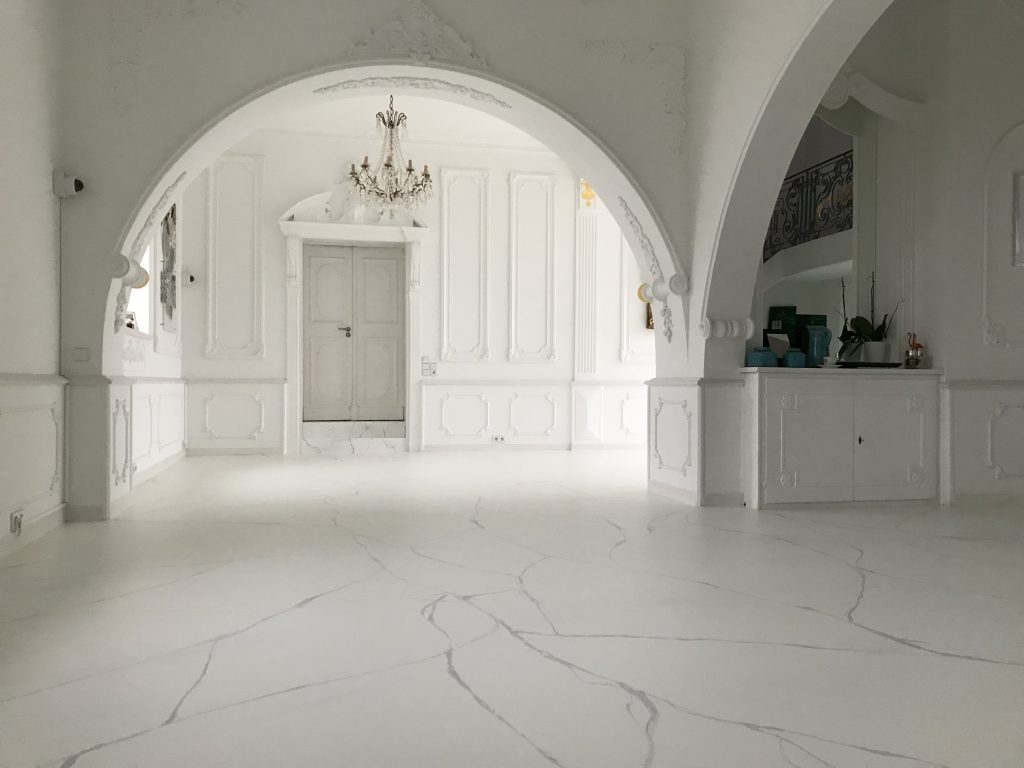
What seamless flooring systems are available? We have the right material for every application
The term “seamless floor” is a generic term that covers various coating systems with different thicknesses depending on the intended use and design requirements. Depending on whether the floor to be coated
- is used privately or commercially,
- is walked on barefoot or driven on by car,
- classic charm or shine with bright colors,
the choice falls on one system or the other. The Qubo® brand portfolio includes the product series stone carpet, microcement and the epoxy resin floor in two versions.
Seamless floor made of marble or quartz gravel Robust gravel floor
The Qubo® stone carpet has been an established seamless floor made of stone pebbles and binder for decades. The coating is made from marble or quartz pebbles, which gives the floor different properties. Quartz gravel, for example, is considerably more robust than marble, which is why drive-on areas such as garages and driveways can be easily coated with this seamless flooring system.
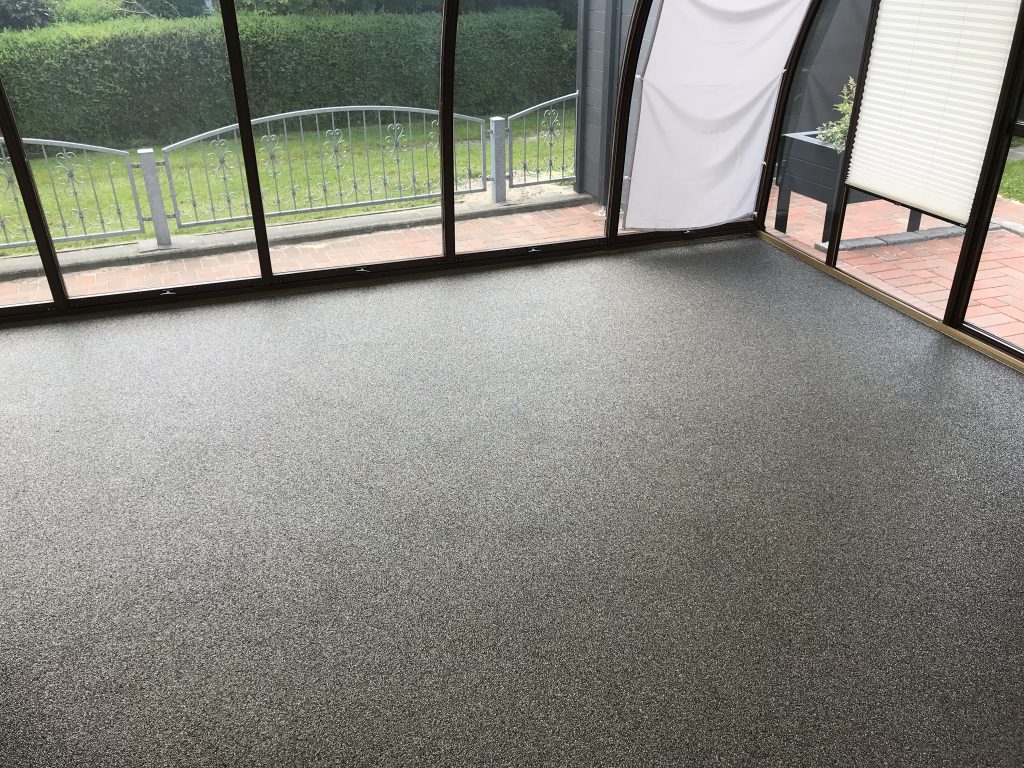
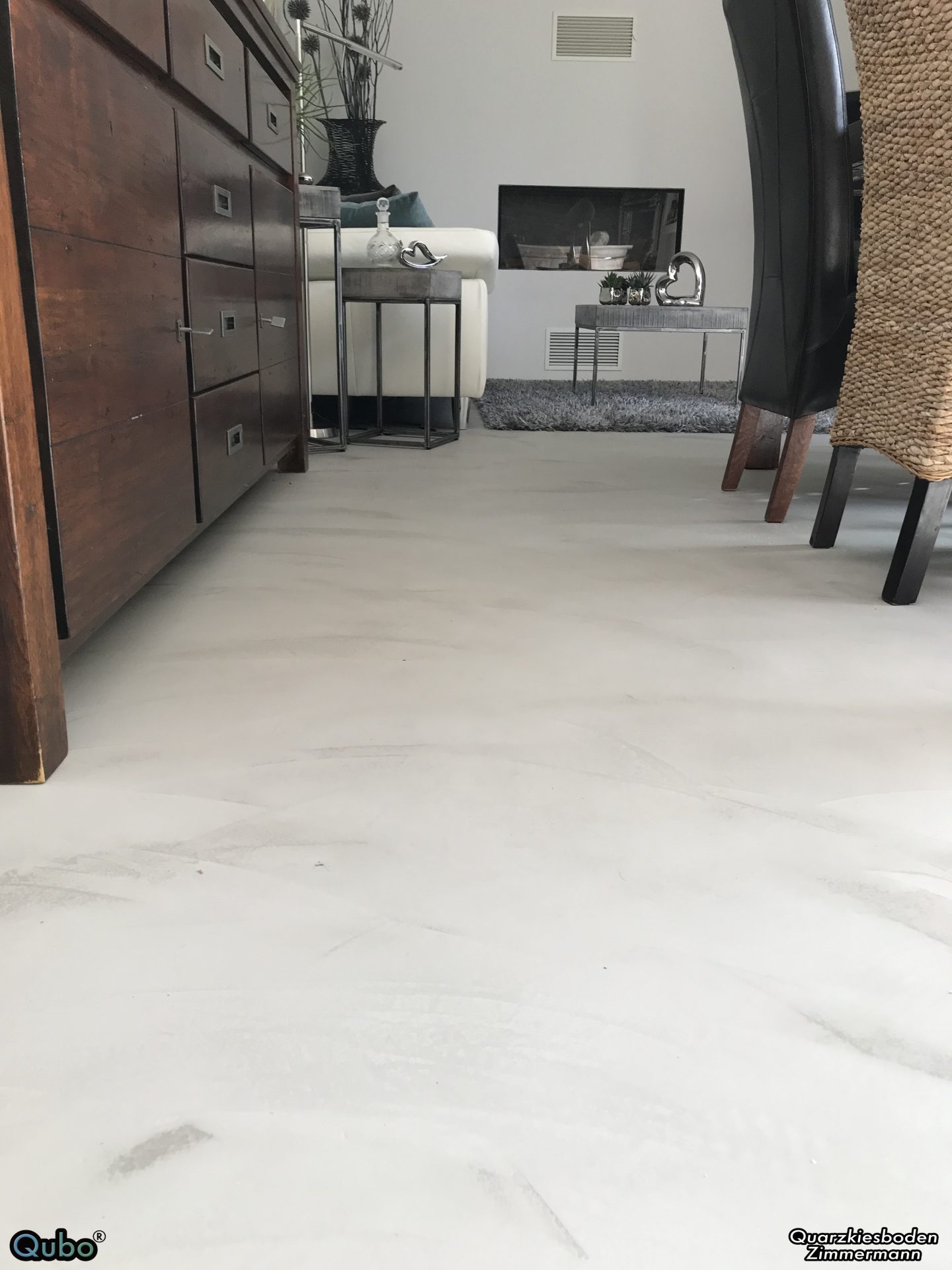
Seamless floor in concrete design Cementitious leveled floor
Many people interested in seamless floors are familiar with Qubo® microcement due to its popular concrete look. A filler applied in several layers is pigmented in shades of gray, sanded and sealed, creating the typical impression of a concrete surface.
However, the coating possibilities are far from exhausted with this variant! By using a variety of color pigments, terracotta-like surfaces, designs in pastel shades and the most diverse futuristic combinations can be created. As a seamless floor is created by hand, you will always receive an absolutely unique piece.
Typical areas of application for this type of seamless flooring are living areas, kitchens, bathrooms, corridors and entrance areas. The material can also be laid on walls and stairs. This allows shower walls to be created and exhibition areas to be attractively designed, for example. The use of subtle colors visually highlights furniture and goods, while seamless floor and wall surfaces form an even surface.
The sealing protects the material from liquids, meaning that it can be laid in wet rooms without any problems.
Seamless floor with enormous design variety Cast floor made of epoxy resin
The third option for creating a seamless floor is with Qubo® epoxy resin. This liquid coating creates a layer of material just 2-3 millimeters thick on even subfloors, into which a variety of attractive designs can be incorporated. The selection starts with plain-colored surfaces and ranges from the classic marble look and playful metallic designs to incorporated photo prints with a 3D look. In addition, the surface can be further customized with an appropriate sealant, for example for a silky matt finish.
The waterproof, easy-care surface is ideal for rooms in which the floor occasionally comes into contact with moisture. In addition to bathrooms and kitchens, epoxy floors are popular in living spaces. A seamless floor can also be individually designed in offices and hallways with this product.
A special epoxy industrial coating is used in areas subject to heavy use – for example garages, workshops or industrial areas.
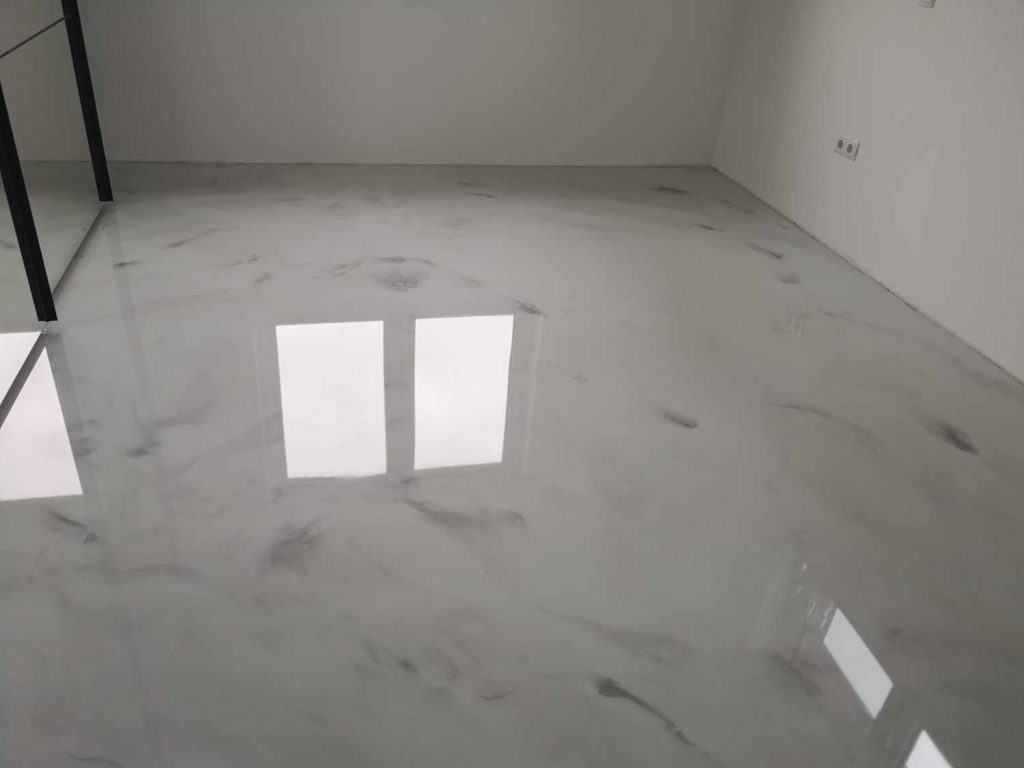
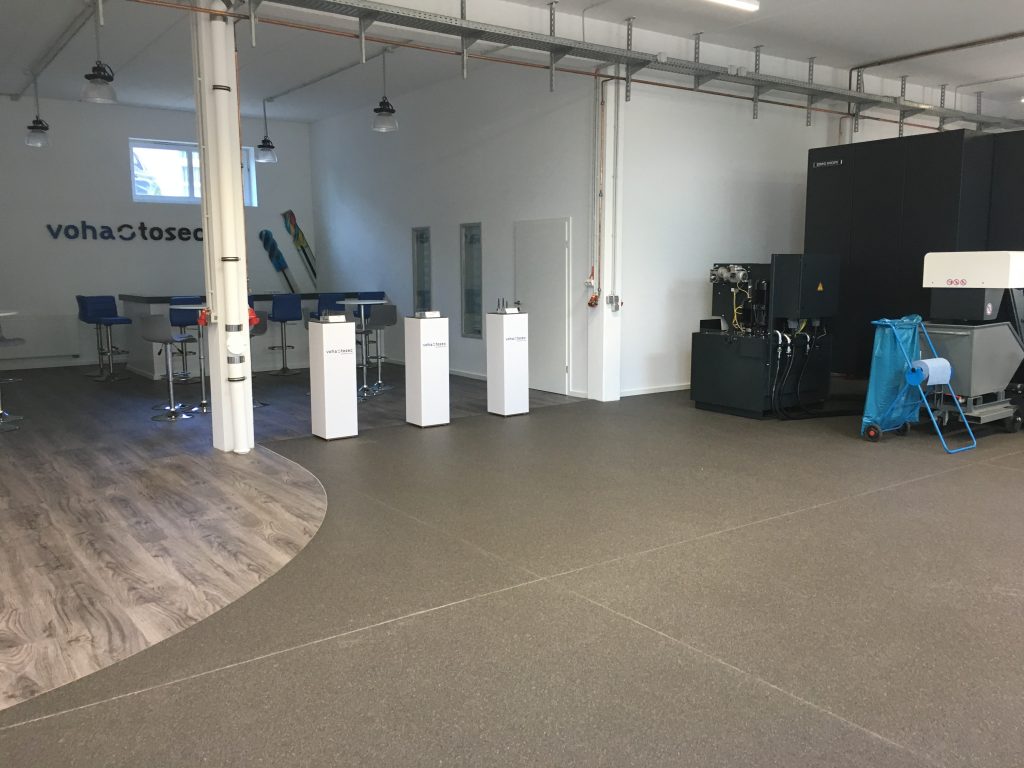
What does "jointless floor" mean? Expansion joints must always be adopted
Joints may also be necessary for seamless floors. What sounds confusing at first is easy to explain:
If the substructure of a floor surface consists of several areas poured separately from each other, expansion joints are created between these areas. This is the case, for example, with particularly large areas such as industrial halls, exhibitions and stores. A new foundation with an expansion joint to the existing building is also created for buildings with an extension such as a conservatory.
These transitions are called construction joints. They allow the substructure to react to temperature differences without cracking. If these expansion joints were now covered with a coating, cracks would most likely form here. To prevent this cracking, these expansion joints must always be covered.
In private homes, expansion joints are often located in inconspicuous places, for example at door junctions or in front of stairs. For this reason, rooms can normally be laid without any joints at all.
Pay attention not only to price, but also to quality How much does a seamless floor cost?
The costs are made up of the material and the installation work. It also depends on the size of the area and the desired technique.
In any case, it is important to have the coating installed by a specialist company. This will ensure that all the necessary steps from priming to sealing are carried out professionally. A
The quality of the materials also plays an important role in ensuring long-term enjoyment of the new coating. It pays to use suitable materials from a single system. This gives installers and customers the certainty that all components are compatible with each other.

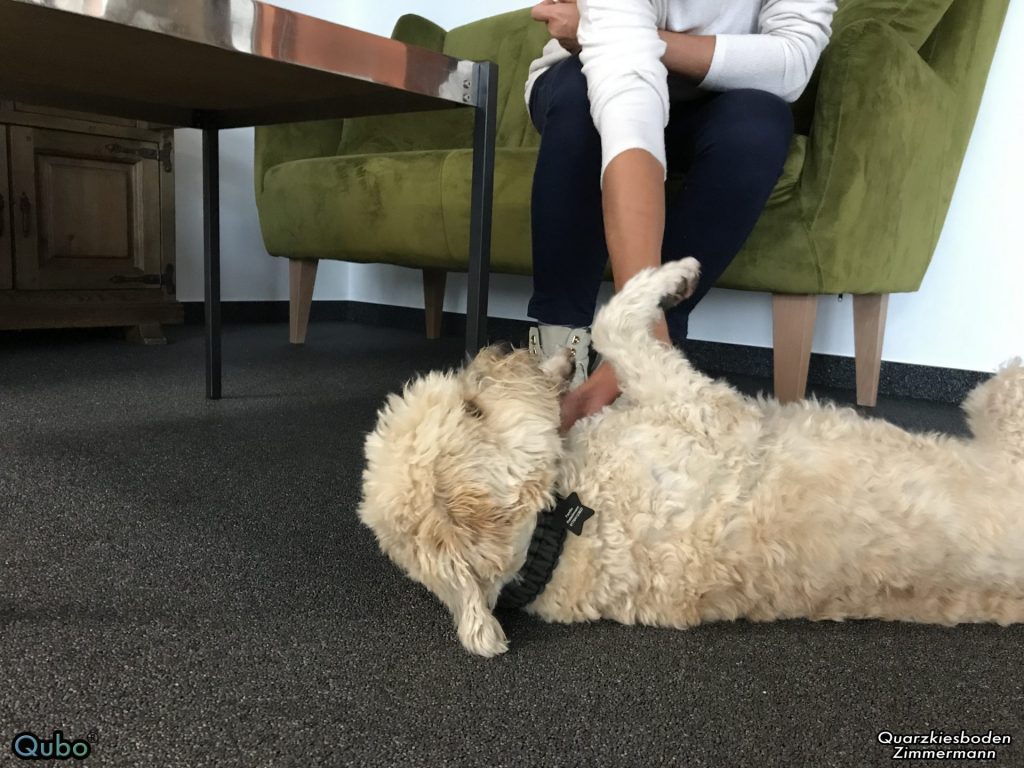
Seamless flooring creates a feel-good atmosphere in living roomsSeamless living room flooring
Seamless floors are a convincing choice for living rooms, as they not only offer elegance, but also specific advantages for this room. The smooth surface creates a modern ambience and visually expands the space. Colors and textures can be matched to the living room design, allowing for a customized aesthetic.
A seamless floor enhances the perception of the room, emphasizes architectural elements and creates an inviting, timeless ambience that draws the eye.
Seamless flooring in the bedroom The best choice for all bedrooms
Seamless flooring not only offers aesthetic charm, but also practical benefits. Of course, this also applies to
The seamless aesthetic gives the room a harmonious flair and creates a visual calm. Colors and textures can be customized to create a relaxing and personal space. A seamless floor combines style and comfort for a restful retreat.
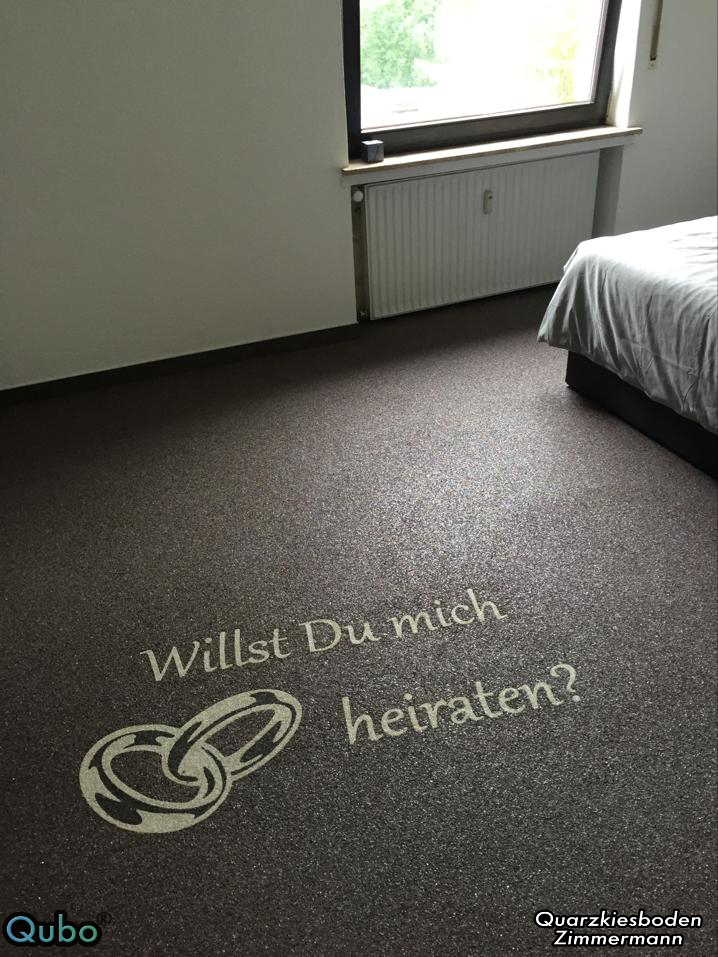
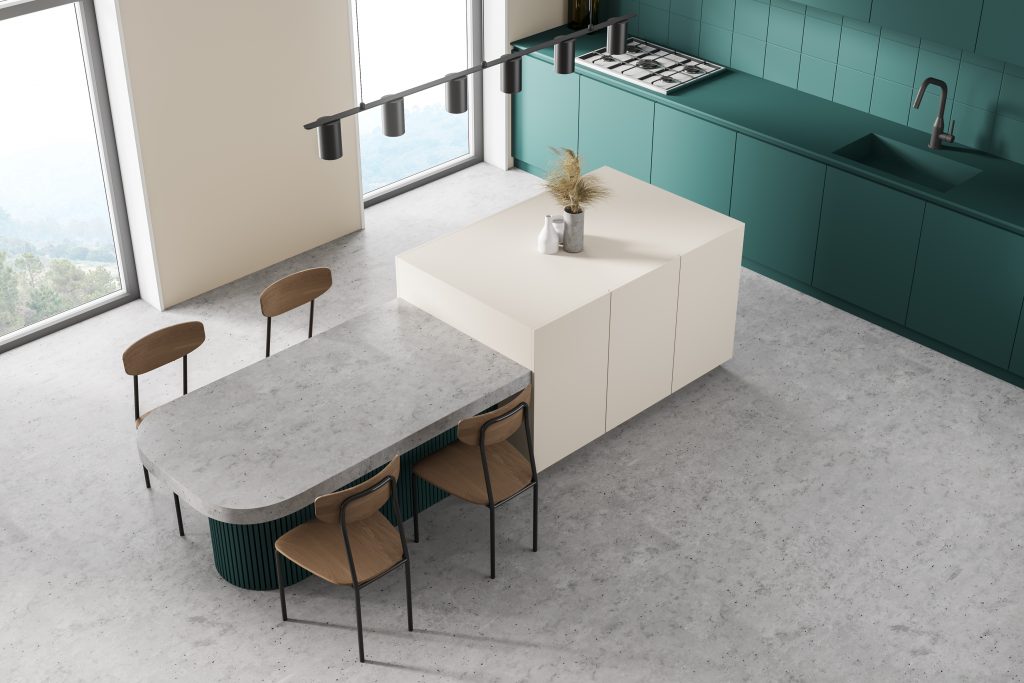
Opt for a seamless kitchen floorSeamless floor in the kitchen
Seamless floors are an aesthetically pleasing trend in modern kitchens. These seamless coverings not only offer a timeless appearance, but also practical advantages. The smooth surface creates an elegant ambience and makes cleaning much easier. Seamless floors minimize the accumulation of dirt and bacteria, which promotes hygiene.
The choice of colors and textures allows for customization that harmonizes seamlessly with the kitchen design. The robust and hard-wearing floors withstand abrasion with ease. A seamless floor integrates seamlessly into the design of the entire kitchen interior, from cabinets to worktops, giving the kitchen a modern touch.
Seamless floor in the bathroom Designing a seamless bathroom
Seamless floors are ideal for use in the bathroom. In addition to their seamless aesthetics, they offer specific advantages that enhance bathrooms in particular. The smooth surface creates a clean and hygienic environment, as dirt and bacteria can hardly accumulate. This seamless structure makes cleaning easier and maintains a fresh atmosphere. Colors and designs can be customized to suit individual preferences, while the
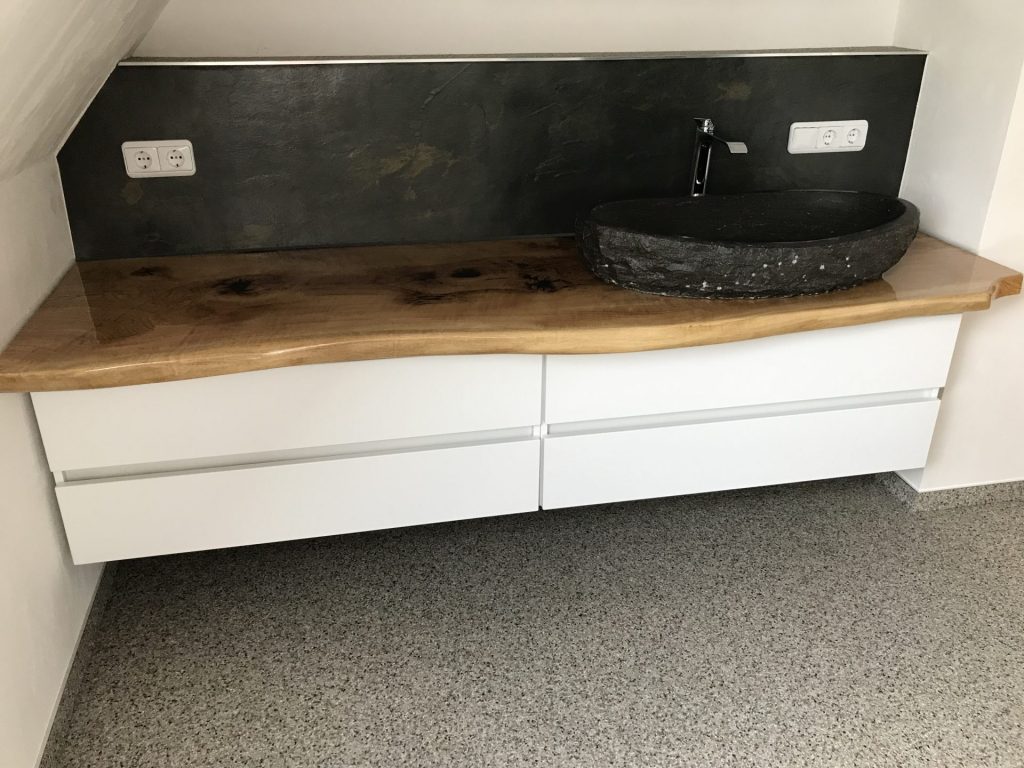
Non-binding cost estimate and advice
Link collection
- sz art of airbrush
- Product pages
- Worth knowing
- They are modern.
- They are easy to clean.
- They offer a high level of slip resistance.
- They can be designed according to your own ideas. There are numerous color and design options to choose from.
- They can be coordinated with the furnishings and the wall color.
- They are hygienic. Dirt particles and germs do not collect in deep grooves.
- They also have aesthetic advantages: they make small rooms appear larger and narrow rooms appear wider, as the appearance is not interrupted by joints.
- Reworking existing floor systems is possible and saves time.
Problems arise with incorrectly installed waterproofing. With expert workmanship, there are generally no disadvantages to cast or leveled floors.
Most coatings do not need to be removed. It is important that no loose components remain on the laying surface. Accordingly, loose tiles must be removed and any protruding adhesive residue must be sanded off. Depending on the system selected, any indentations, joints or cracks are filled before the actual installation.
The new coating is applied to the existing substrate in a thin layer.
Depending on the system and area of application, the installation height is between 2 and 10 millimeters.
In principle, laying directly onto tiles is possible. Depending on the system, various preparation steps are necessary. It is important that the tiles are firmly bonded to the substrate. Loose tiles must be removed.
Here is an example
atInteresting facts
.
Laying on carpet is generally not possible. Accordingly, textile coverings and loose adhesive residue must be removed before installation.
All systems are impact-resistant. Filled surfaces are less susceptible to scratches than cast surfaces. Gravel systems are the most robust coatings and are absolutely scratch-free.
With regular care and proper use, they will last for decades.
Leveled surfaces can also be laid outdoors.
Our filler systems can also be used well on stairs.
Directly in the shower, coating with a cementitious leveled floor is suitable.
Generally in wet areas, the creation of gravel and cast surfaces is also possible.
Smooth coatings generally have a slip resistance class of R9, while gravel floors have a class of R10.
The anti-slip effect of the coatings can be increased to R12 with special sealants.
All of the coating systems we offer are compatible for installation on underfloor heating.
The minimum duration of the various systems differs due to the necessary work steps.
A gravel coating can be completed in just one day.
A cast coating requires at least two days.
Work on cementitious leveled surfaces takes at least three days.
FAQ
Details and facts, key figures and explanations – here you will find answers to frequently asked questions about our Qubo® coating systems. If any details remain unclear, simply contact us . We will be happy to advise you personally and promptly.

